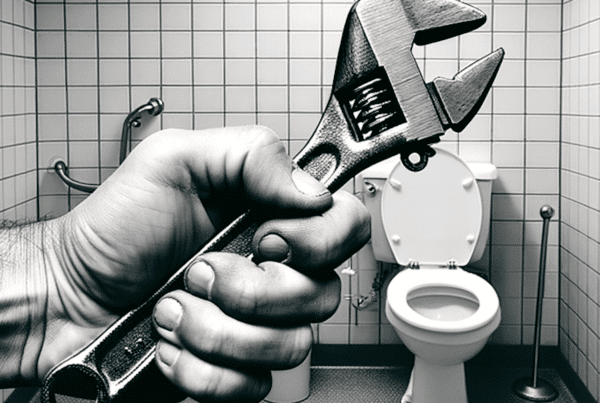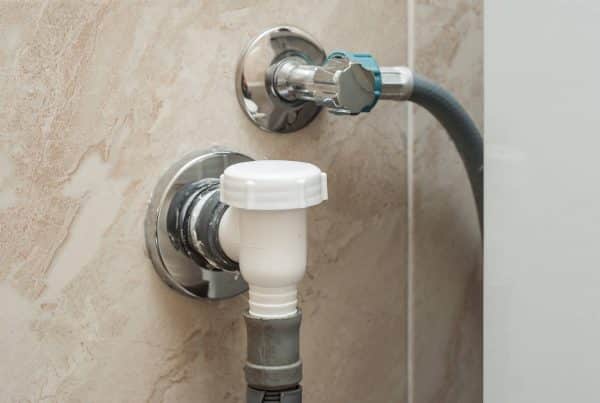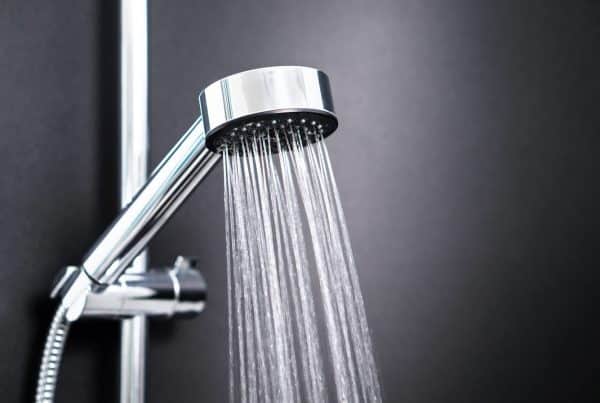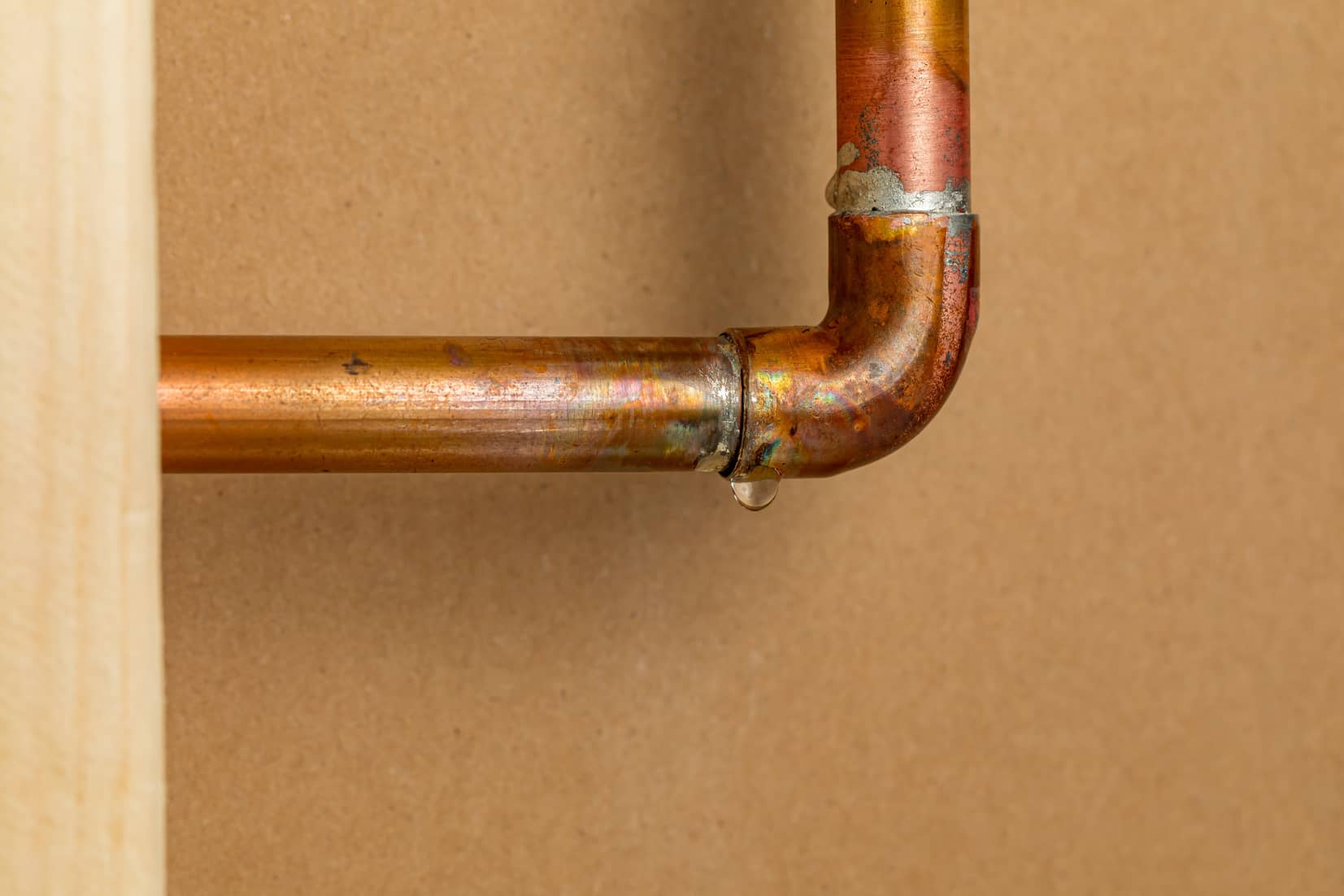
When it comes to the veins of your home’s plumbing system, copper pipes are often regarded as the arteries that stand the test of time. Their shimmering presence beneath our floors and behind walls plays a crucial role in maintaining the flow of our daily lives. But even the sturdiest materials have their limits. So, the question lingers in the minds of homeowners and builders alike: how long can copper pipes be expected to last?
While copper pipes carry the promise of longevity, the full truth hinges on various factors that influence their durability. In this article, we’ll cover the basics of copper plumbing, dissect the elements that contribute to its lifespan, and explore when it might be time to call in the experts.
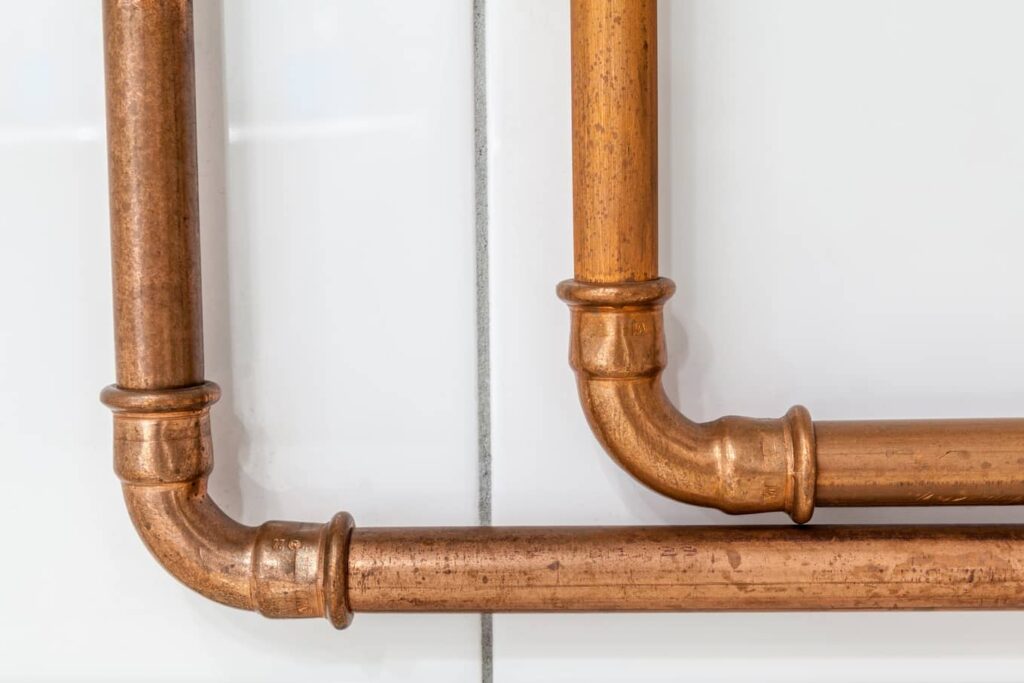
Essential Copper Plumbing Knowledge
To fully appreciate the value of copper in your home’s plumbing system, it’s essential to understand what sets this material apart. Copper’s unique molecular structure grants it superior resistance to high pressure and thermal extremes. With these traits, it’s an ideal choice for both hot and cold water supplies.
One of the primary benefits of copper is its exceptional corrosion resistance. Unlike many other materials, copper withstands the rigors of water-carrying minerals and other substances, which can degrade pipes over time. This resilience ensures cleaner water and contributes to the overall longevity of the plumbing system.
Another hallmark of copper plumbing is its versatility. It can be used in a variety of environments, from underground water services to heating systems. Furthermore, copper is a sustainable option! As a naturally occurring element, it is fully recyclable. The majority of copper plumbing can be reclaimed and repurposed without losing its beneficial properties.
Copper Pipe Longevity: Contributing Factors
Copper pipes are known for their long life, positioning them as a preferred choice for plumbing systems. Several factors play a role in the lifespan of your copper plumbing, and it can be invaluable to have an idea of what they are.
Quality of Water
The type of water flowing through the pipes can significantly impact their longevity. Copper is known for its corrosion resistance, but certain water conditions, such as high acidity or the presence of harsh chemicals, can accelerate corrosion. Water with a balanced pH and low levels of corrosive substances helps maintain the integrity of copper pipes, allowing them to reach or exceed their expected lifespan.
Installation Standards
The longevity of copper pipes is heavily reliant on the quality of installation. Professional installation, adhering to the best practices and local building codes, sets the stage for a trouble-free operation. Proper soldering, secure fittings, and correct pipe sizing ensure that the system can withstand daily pressures and reduce the likelihood of leaks and failures.
Environmental Conditions
Copper pipes perform exceptionally well under a variety of environmental conditions, but extremes can test their limits. Protection from freezing temperatures and physical damage, such as that caused by construction work or shifting foundations, is crucial to avoid unnecessary stresses that can shorten the life of the plumbing.
System Use and Pressure
The daily demand placed on the plumbing system influences copper pipe longevity. Systems that experience high pressure or rapid temperature changes may face more stress, potentially reducing the lifespan of the pipes. Conversely, a system designed to accommodate these factors, with pressure regulators and expansion tanks, can help preserve the condition of the copper pipes.

When to Call a Professional for Your Copper Pipes
Knowing when to call in a plumbing expert can save you from bigger headaches coming as a surprise. Keep an eye out for these common signs that your copper pipes might need professional attention:
- Signs of Corrosion – If you spot any greenish-blue stains or a white powdery substance on your pipes, it’s a signal of corrosion. Even though copper is resistant to rust, these marks mean it’s time for a plumber to take a look.
- Leaks – Don’t ignore leaks, no matter how small. They can be early warnings of a bigger issue. If you notice water where it shouldn’t be, it’s time to call a professional.
- Water Pressure Changes – If your shower’s water pressure drops suddenly or your faucets start to trickle, there could be a problem with your pipes. A plumber can find the cause and fix it.
- Discolored Water – Brown or discolored water coming from your taps could suggest corrosion inside your pipes. This is a definite cue to get a plumber in to assess the situation.
- Old Pipes – Copper pipes last a long time, but not forever. If your plumbing is old, have a plumber inspect its condition to see if it’s time for repairs or replacement.
- Persistent Problems – If you’re dealing with ongoing plumbing issues, like frequent leaks or clogs, get help right away. This way, small problems won’t have the chance to escalate.
Other Recommended Maintenance
To keep your copper pipes in top shape, it’s important to engage in routine maintenance. Have a plumber inspect your system periodically, especially if you have hard water.
Also, be on alert for odd sounds like banging or gurgling, as these can point to issues in the pipes. Watch your water bill for any unexplained increases, as this may hint at leaks.
Finally, practice good drain habits by avoiding the disposal of chemicals. These and other fibrous or corrosive can clog or damage your pipes. Staying on track with these practices will help you catch small issues early. By extension, you can extend the life of your plumbing system.
Conclusion
In the end, your home’s copper pipes are a durable and reliable part of your plumbing system. However, they are not invincible. Understanding the factors that affect their longevity and recognizing when to call in the professionals are crucial steps in maintaining the health of your pipes.
Regular inspections, being mindful of changes in water quality and pressure, and responding promptly to any signs of damage can greatly extend the life of your copper plumbing. With proper care and attention, you can ensure that the veins of your home’s water system continue to function efficiently for years to come. To get a closer look at existing concerns or to schedule an inspection of your plumbing system, reach out to All Coast Home Inspections for a home inspection in Houston, TX, and surrounding areas.

